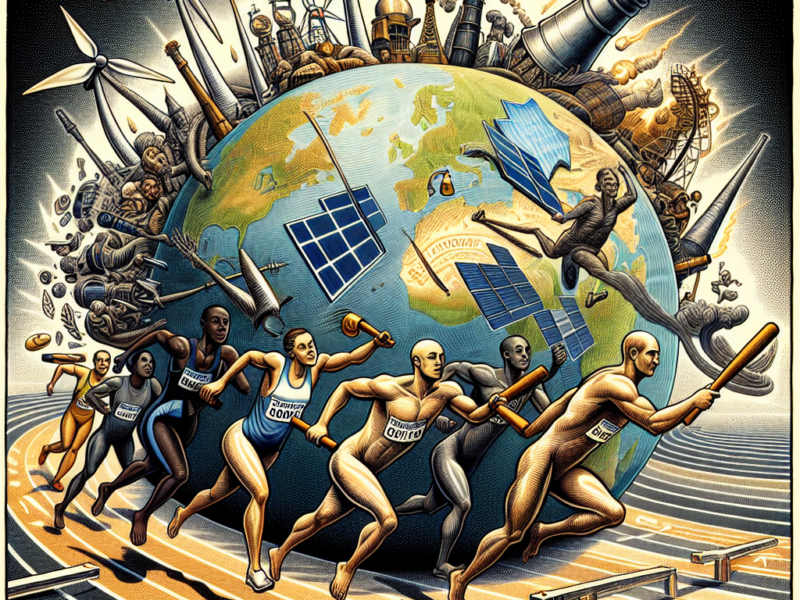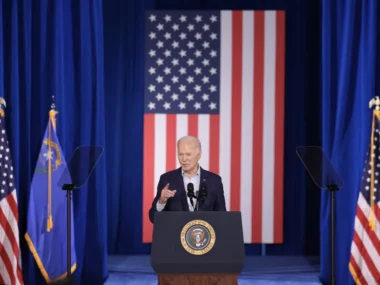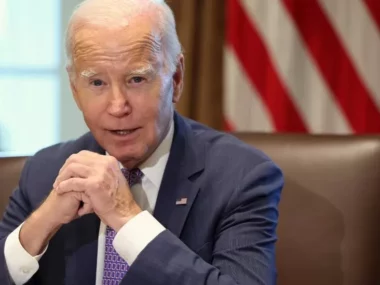The 21st century is marked by an urgent and necessary transition away from fossil fuels toward cleaner, sustainable energy sources. As the effects of climate change become increasingly pronounced, countries around the globe are racing to meet ambitious renewable energy targets. However, this transition is not without challenges, as geopolitical tensions, economic upheaval, and ongoing crises threaten to derail progress.
The Urgency of Renewable Energy
Climate scientists have long warned that warming temperatures due to greenhouse gas emissions will lead to severe and potentially irreversible damage to ecosystems and human societies alike. The Intergovernmental Panel on Climate Change (IPCC) has emphasized the need for global temperature increases to remain below 1.5 degrees Celsius compared to pre-industrial levels, a target that calls for a drastic reduction in carbon emissions.
To that end, numerous nations have set their sights on renewable energy solutions—solar, wind, hydroelectric, and more—as a pathway to reduce their carbon footprints. The global commitment to the Paris Agreement has resulted in specific targets for many countries, creating a framework under which governments and corporations can align their energy strategies with climate goals.
The Role of Policy and Investment
Governments worldwide are recognizing that investment in renewable energy is not merely a moral imperative, but also an economic opportunity. Many countries are rolling out financial incentives, subsidies, and infrastructure to spur innovation in clean energy technologies. According to the International Energy Agency (IEA), global investment in renewable energy reached approximately $500 billion in 2022 and is expected to rise significantly.
Countries like Germany, China, and the United States have become leaders in renewable installations. China, for instance, has emerged as the largest producer of solar panels and wind turbines, significantly reducing global prices and making green energy accessible to developing countries. Meanwhile, Europe’s Green Deal promises to make the EU climate-neutral by 2050, pouring funds into renewable technologies and enhancing systems for energy efficiency.
Challenges to the Energy Transition
Despite the momentum toward renewable energy, several crises pose significant hurdles. Geopolitical tensions—such as the ongoing conflict in Ukraine—have led to energy supply disruptions, prompting many nations to reconsider their energy security. The European Union, traditionally reliant on Russian natural gas, has accelerated its push for renewables to reduce vulnerability while investing in alternative sources of energy, including nuclear power and hydrogen.
Economically, the fallout from the COVID-19 pandemic has created supply chain issues that impact the availability of materials crucial for renewable technologies. This includes everything from lithium for batteries to copper for wiring. The scramble for these materials can lead to price volatility and instabilities that could stifle the momentum of the energy transition.
Furthermore, developing nations, while eager to adopt renewable technologies, often face financial constraints and a lack of infrastructure. Access to financing and technology transfer remain significant barriers, making it challenging for some countries to meet their renewable energy targets.
The Path Forward
To navigate these complexities, collaboration and innovation will be crucial. Global dialogues and partnerships can foster cooperation among nations, sharing knowledge, technology, and investment. Initiatives like the Conference of the Parties (COP) meetings create a platform for countries to set and revise their commitments based on science and technological advancements while holding each other accountable.
Additionally, public engagement and education will play key roles in driving the transition. As society increasingly values sustainability, consumer preferences will influence corporate strategies and governmental policies, encouraging a shift toward greener energy solutions.
Conclusion
As the world finds itself at a pivotal crossroads, the energy transition holds the promise of a sustainable future. However, the interplay of crises—geopolitical, economic, and logistical—adds layers of complexity to the effort. Countries are racing to meet renewable energy targets, understanding that inaction is not an option. The path forward will require coordinated global efforts, innovative technologies, and a steadfast commitment to overcoming barriers that threaten our collective progress. As we move toward a cleaner, more resilient energy future, the urgency of our actions cannot be overstated.











